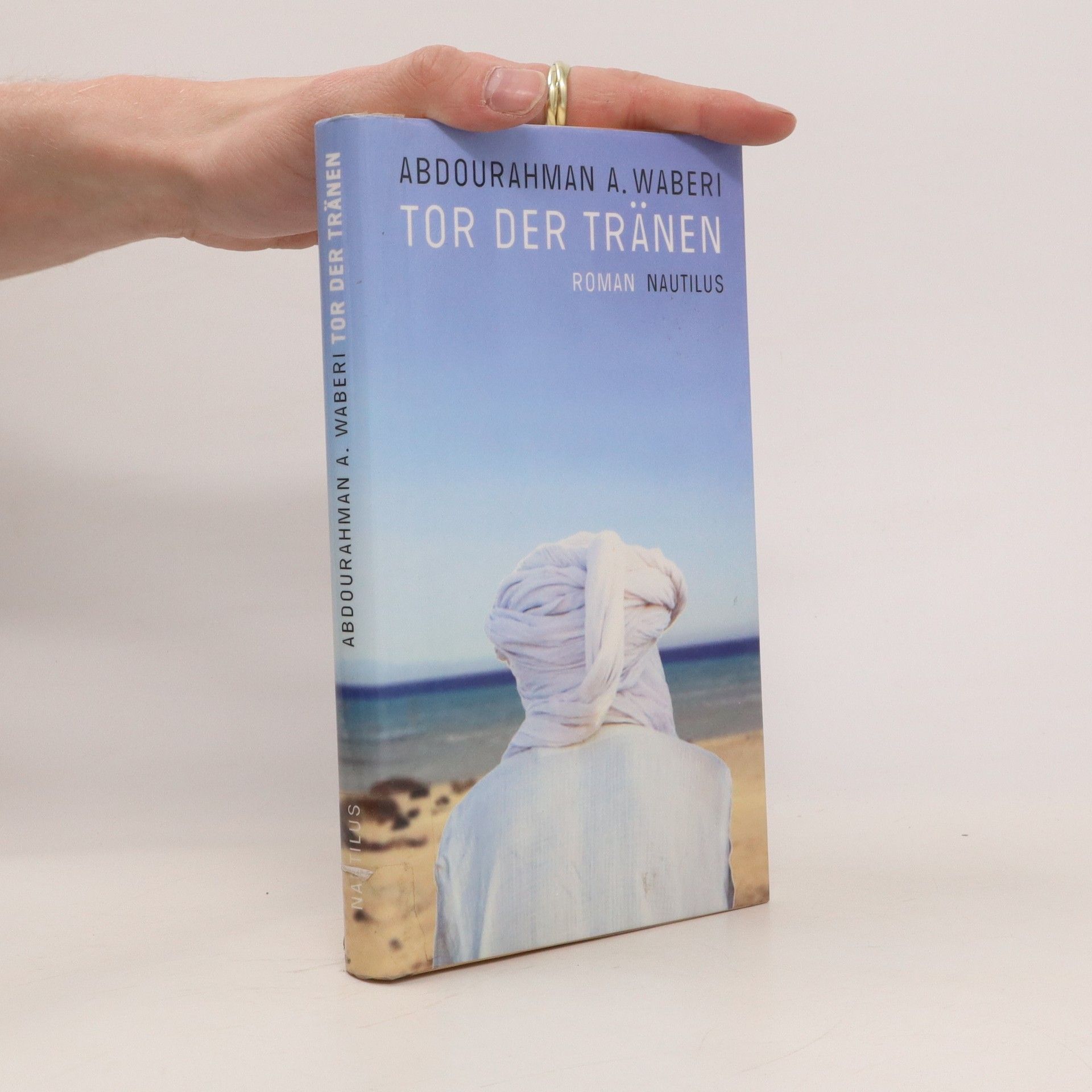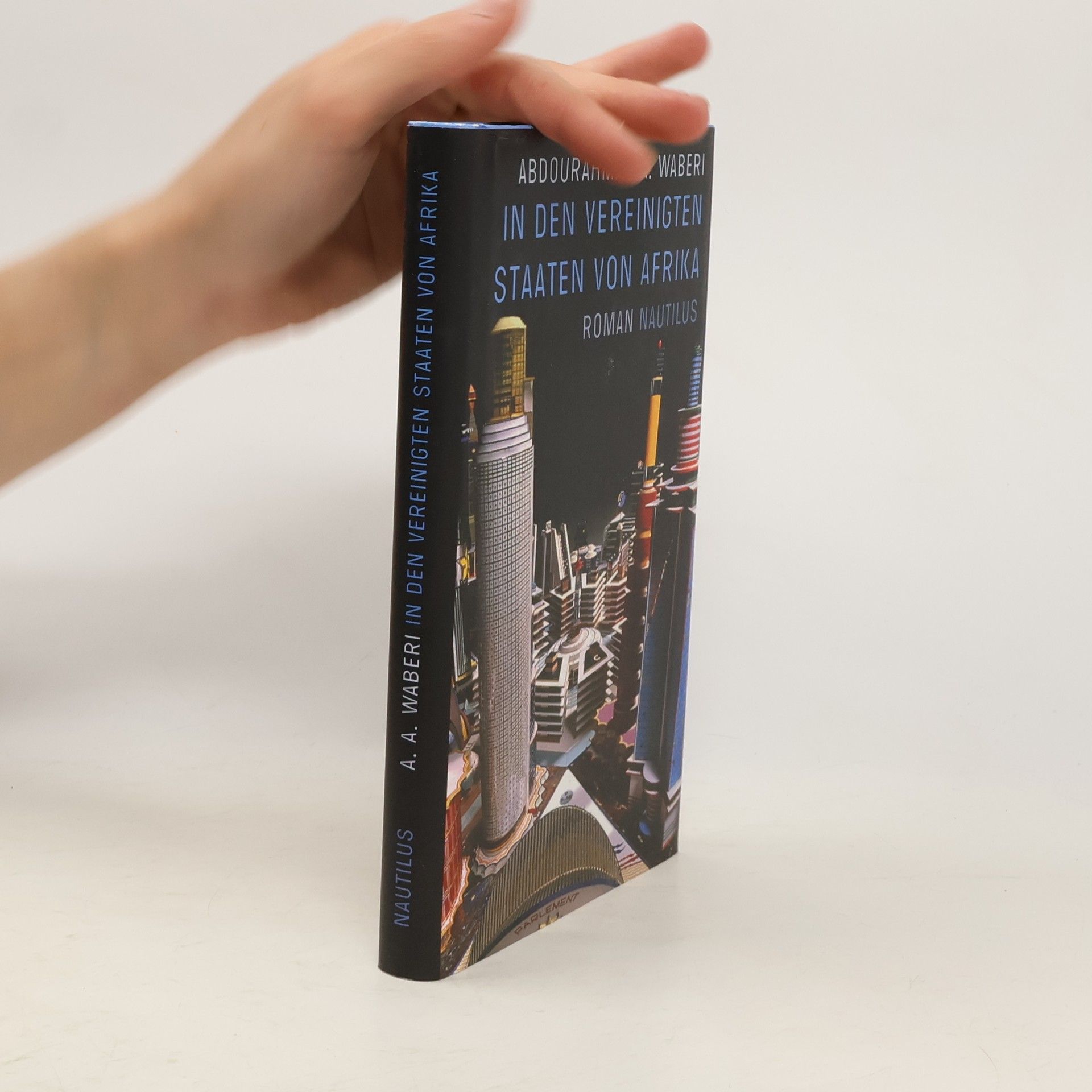A father recounts memories of growing in a Djibouti on the cusp of independence; a land of shifting deserts and immense heat and one lonely and sick boy finding solace in books. A poignant and timeless story of the complexity of family, the value of poetry and freedom, and the ripple effect of the traumas that stalk our movement.
Abdourahman Waberi Book order (chronological)





The Divine Song
- 216 pages
- 8 hours of reading
"Everything starts with a song and everything ends with another song," says the narrator of The Divine Song. Paris is an old Sufi cat who keeps watch over his brilliant yet pathetic master, Sammy Kamau-Williams, the Enchanter. In Sammy, we recognize the African American singer-composer, poet, and novelist Gil Scott-Heron who is best known for his song "The Revolution Will Not Be Televised." The Divine Song takes us from the shores of Africa to Sammy's ancestors' arrival in the Americas in the hold of the slave ships. From there, Abdourahman A. Waberi takes the characters from Tennessee--under the tutelage of Lili Williams, Sammy's beloved African-born grandmother--to New York and the concert halls of Paris and Berlin, wherever blues and jazz find an enchanted audience. African tales, religious practices, segregation, the civil rights movement, addiction, and jail--Sammy's life comes to encompass the whole of the African American experience. At a time when social and racial divisions have yet again come into sharp relief, this lyrical novel by one of African literature's rising stars is necessary reading for anyone who celebrates the resilience of art.
Tor der Tränen
Roman
In seiner Gefängniszelle auf der Teufelsinsel vor der Küste Dschibutis hat Dschamal, eingekerkert als islamistischer Terrorist, von der Rückkehr seines Zwillingsbruders Dschibril in seine alte Heimat erfahren. Er verfolgt ihn in Gedanken, lässt ihn beschatten, zieht eine Schlinge um ihn. Dschibril ist in Kanada ein neuer Mensch geworden, das Land seiner Kindheit ist für ihn nur noch fremd und staubig. Als Angestellter der Informationsagentur 'Adorno Location Scouting' muss er für einige Tage nach Dschibuti zurückkehren: Frankreich, die USA und Dubai machen einander das Stück basaltener Erde an der 'Tor der Tränen' genannten Meerenge streitig. Als Dschibril in Dschibuti ist, reißen alte Wunden wieder auf, die Geister seiner Familie verfolgen ihn, sein Rechercheauftrag kommt nicht recht voran. Jeden Tag irrt er ein wenig weiter auf den gefährlichen Pfaden der Erinnerung. Beide Brüder schreiben ein Tagebuch, der eine folgt der islamistischen Weltsicht, der andere der der westlichen Moderne. Im gedanklichen Wechselspiel der Brüder spiegelt sich die tiefe Zerrissenheit der Protagonisten und ihrer Beziehung zueinander. Heimat, Exil, Erinnerung sind die Themen dieses sprachmächtigen Romans.
In einer Welt, in der die Vereinigten Staaten von Afrika dominieren und Europa sowie Nordamerika von Hunger und Krieg geprägt sind, folgt die Adoptivtochter eines eritreischen Entwicklungshelfers ihren Wurzeln in den Slums der Normandie. Waberi bringt eine neue afrikanische Perspektive in die literarische Tradition der Umkehrungen historisch-politischer Verhältnisse.
Die Legende von der Nomadensonne
- 187 pages
- 7 hours of reading